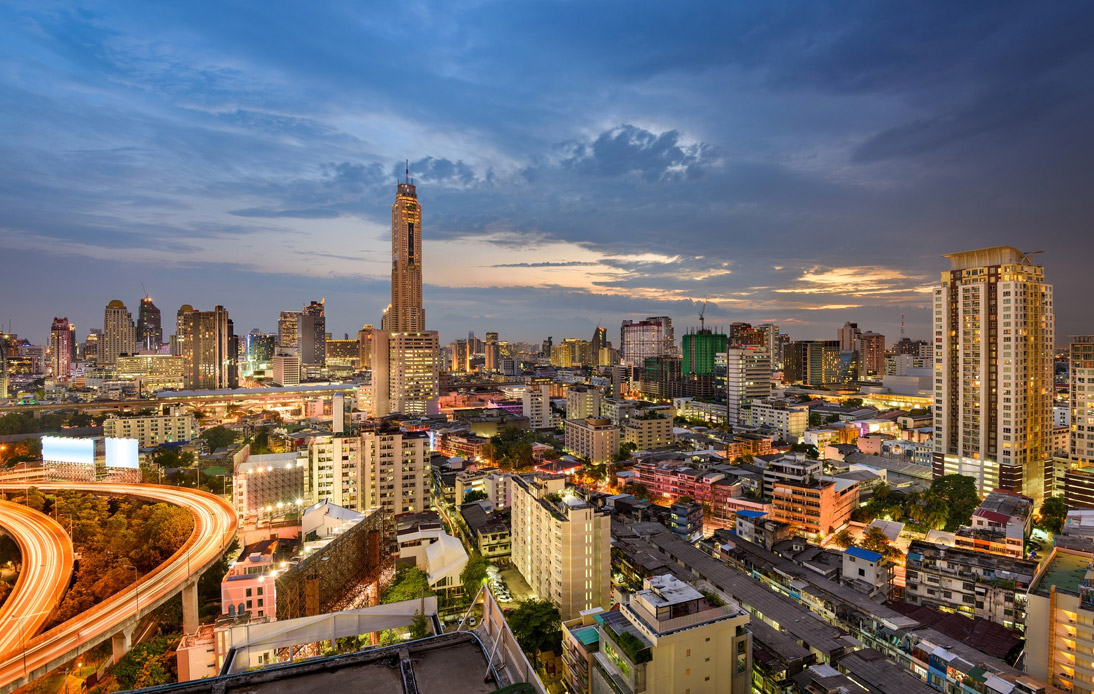
Some economists have said that geopolitical tensions between China and the United States could benefit Thailand, improving Thai shipment and bringing relocated investment to the region.
Moreover, the Thai government said foreign investment is expected to be a key component in revitalizing the country’s fragile economy.
However, analysts doubt that Thailand can really attract foreign investors looking to relocate their industries.
Employers Confederation of Thai Trade and Industry’s vice-chairman Tanit Sorat said various factors, including economics and politics, make the kingdom no longer a favorable destination for foreign investment.
Companies like Foxconn and Apple Inc have struck deals with developers and manufacturers in countries like Vietnam and India as they seek alternatives to avoid Beijing-Washington conflicts and China’s lockdowns.
However, Mr. Tanit is not confident that Thailand can become a production base if foreign companies decide to leave China or Taiwan.
While authorities are promoting 12 specific S-curve industries through the Eastern Economic Corridor (CEE), considered Thailand’s high-tech industrial hub, the country remains relatively less attractive than other ASEAN nations such as Indonesia and Vietnam.
In addition, other countries offer packages with privileges to investors. Vietnam, for example, has better conditions for the US Generalized System of Preferences trade program, meaning that it can export duty-free products to the US.
Since Vietnam and Indonesia have larger domestic markets than Thailand, generating higher potential demand for goods and services in those markets and better income, businessmen prefer to invest in these two countries.
Indonesia also offers vast tracts of land for rent at affordable prices, helping investors save costs, Mr. Tanint went on.
The expert also said investors who want to invest in Thailand might change their minds eventually due to local political instability caused by protests to topple the government and conflicts between politicians.
President of the Thai IoT (Internet of Things) Association, Niti Mekmok, made similar comments and said tech companies consider various aspects before investing in a country. The main ones are supply chain, labor and logistics costs, workforce skills, materials, working-age population, modern machinery, and intellectual property protection.
Many companies have shown interest in investing in Vietnam, as the country has many young and hard-working people. However, many Thai workers want easy money without working hard, Mr. Niti added.
Therefore, Thailand should do more to develop high-value technology, increase its supply chain’s efficiency, reduce logistics costs, and increase its workforce with in-demand skills like software and programming, he went on.
Politicians should also increase the budget to encourage industries to upgrade their machinery from Industry 2.0 to 4.0 through data analytics for manufacturing planning and automation.
Thai Venture Capital Association Chairman Sarun Sutuntivorakoon also said Thailand should strategically focus on specific industries rather than getting involved with too many S-curve industries.
In addition, IMC Institute Executive Director Thanachart Numnonda said that Thailand was affected by labor shortages, political instability, and high labor costs. Consequently, it became an unlikely destination for foreign investment.




















